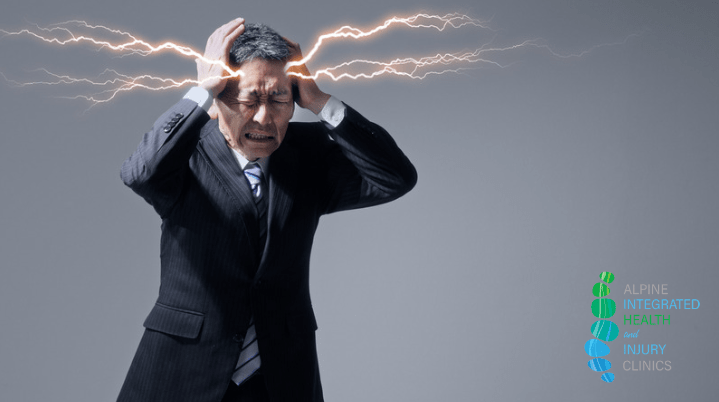What is a severe concussion?
A severe concussion is a type of brain injury that occurs when the head experiences a significant impact or blow. It can cause a range of symptoms, including loss of consciousness, amnesia, and severe headaches. A severe concussion may also result in more prolonged or severe symptoms than a mild concussion, such as persistent headaches, dizziness, and memory problems. It is essential to seek medical attention if you experience symptoms of a severe concussion, as it can lead to long-term health problems and require a more extended recovery time than a mild concussion.
What are the immediate effects of a severe concussion?
The immediate effects of a severe concussion can include confusion, disorientation, headache, dizziness, and nausea. In some cases, a person may experience a brief loss of consciousness. Other symptoms may include slurred speech, blurred vision, sensitivity to light or noise, ringing in the ears, and fatigue. It is worth noting that not all symptoms appear immediately after the injury, and some may take several hours or days to manifest. If you suspect that you have a severe concussion, it is essential to seek medical attention right away.

Can a severe concussion cause long-term mental health problems?
Yes, a severe concussion can cause long-term mental health problems. Severe concussions can lead to structural and functional changes in the brain, which can result in long-term effects such as post-concussion syndrome, depression, anxiety, and post-traumatic stress disorder (PTSD). Post-concussion syndrome can cause headaches, dizziness, fatigue, sleep disturbances, and difficulty concentrating, which can last for weeks or even months after the injury. Depression and anxiety are also common complications after a severe concussion. It is essential to seek medical attention if you experience any symptoms of a severe concussion and monitor your symptoms carefully to prevent long-term complications.
Is there a link between severe concussions and depression?
Studies suggest that there is a link between severe concussions and depression. Many people who experience a severe concussion develop symptoms of depression, such as persistent feelings of sadness, hopelessness, and a lack of interest in activities they once enjoyed. Even mild concussions may increase the risk of depression. The exact reasons for this link are not yet fully understood, but it is believed to be related to changes in brain chemistry and inflammation caused by the injury. It is crucial to monitor your mental health after a concussion, especially if you experience any symptoms of depression, and seek medical attention if necessary.
Can a severe concussion lead to anxiety disorders?
Yes, a severe concussion can increase the risk of developing an anxiety disorder. Anxiety symptoms that may develop after a concussion include excessive worry, panic attacks, and social anxiety. Researchers believe that the development of anxiety disorders after a severe concussion is due to changes in the brain’s structure and function caused by the injury. Additionally, the difficulties associated with recovering from a concussion, such as difficulty concentrating and poor sleep, may contribute to the development of anxiety symptoms. If you have experienced a severe concussion, it is crucial to monitor your mental health and communicate any concerns to your healthcare provider.

How does a severe concussion impact the brain over time?
Over time, a severe concussion can cause changes in the brain’s structure and function, leading to long-term mental health problems. The impact of a severe concussion on the brain depends on many factors, including the severity of the injury, the individual’s age at the time of injury, and their overall health.
In the short term, a concussion can cause damage to the neurons, or nerve cells, in the brain, leading to symptoms such as headaches, dizziness, and difficulty concentrating. In some cases, these symptoms may persist for weeks or months after the injury, a condition known as post-concussion syndrome (PCS).
In the long term, a severe concussion can result in changes to the brain’s white matter, which is responsible for transmitting information between different regions of the brain. These changes can lead to cognitive impairment, including memory problems and difficulty with attention and concentration.
Recent studies have also suggested that severe concussions may increase the risk of developing neurodegenerative diseases such as Alzheimer’s and Parkinson’s disease later in life.
Who is most at risk for long-term mental health problems after a severe concussion?
Anyone who experiences a severe concussion is at risk of developing long-term mental health problems, but some individuals may be more susceptible than others. The risk of long-term mental health problems after a severe concussion is higher for those who have experienced a previous concussion or head injury, as well as those who have a history of mental health problems such as anxiety or depression.
Other factors that may increase the risk of long-term mental health problems after a severe concussion include the severity of the injury, the age at which the injury occurred, and the presence of other medical conditions. Older adults, in particular, may be at increased risk of developing long-term mental health problems after a severe concussion.

